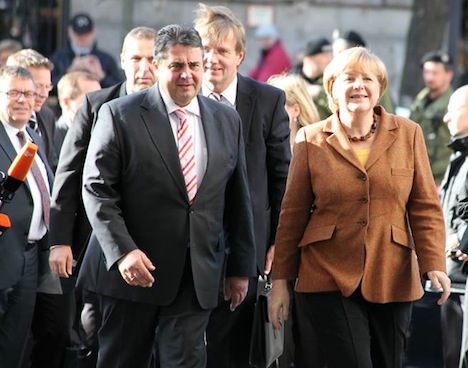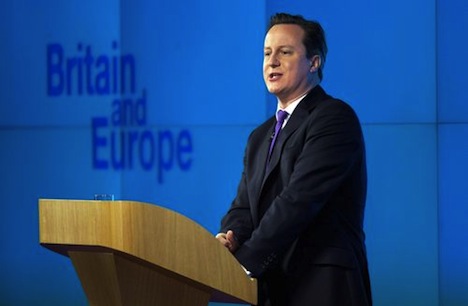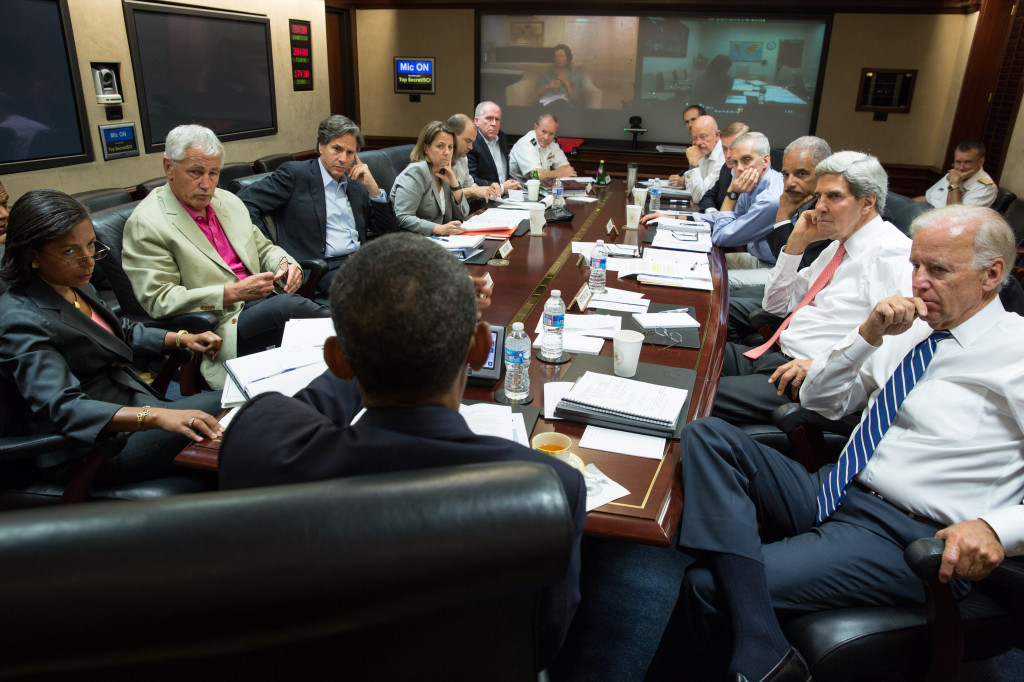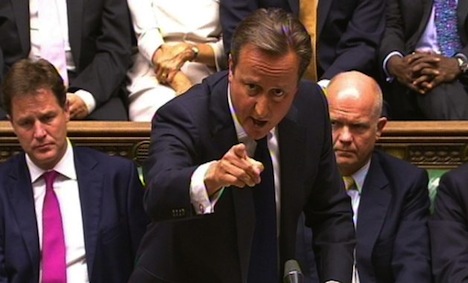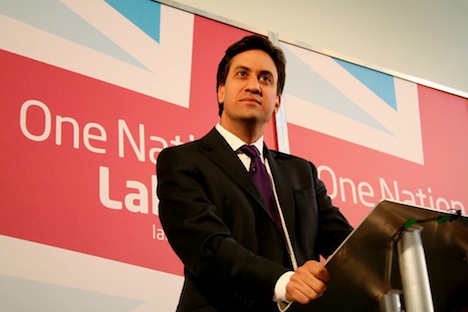It’s not like Spanish prime minister Mariano Rajoy didn’t have any warning.![]()
![]()
Catalan regional president Artur Mas called early regional elections for November 2012 for the express purpose of winning a mandate behind the call for greater autonomy and/or independence for Catalunya. That didn’t work out so incredibly well for Mas and his autonomist center-right Convergència i Unió (CiU, Convergence and Union), which lost 12 seats in the 135-member Catalan parliament, and was forced to form a unity government with the pro-independence, leftist Esquerra Republicana de Catalunya (ERC, Republican Left of Catalunya). Nonetheless, the election largely ratified the strength of the Catalan separatists, who control 87 seats to just 48 for Catalunya’s federalist parties. 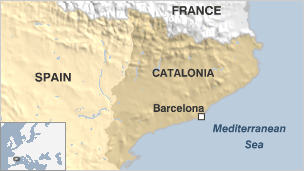
Three months ago, on September 11 — upon the celebration of Catalan national day — nearly 400,000 Catalan citizens formed a human chain stretching from the Pyrenees to the coast to emphasize just how fervently they support their right to self-determination.
Rajoy, much to his discredit, has ignored those Catalans, and Mas’s government has now set November 9, 2014 as the date for a referendum on Catalan independence — with or without the Spanish federal government’s blessing — after a vote last Thursday in the Catalan parliament that enjoyed the universal support of Mas’s Convergence and Union, the Republic Left and the Iniciativa per Catalunya Verds (ICV, Initiative for Catalonia Greens). Rajoy (pictured above) and his justice minister Alberto Ruiz-Gallardón (pictured below) have made clear that not only is a referendum unacceptable under the Spanish constitution, but that they won’t be coerced into negotiating with Mas over devolving greater power (and funds) back to Catalunya, one of the wealthiest regions in Spain. With over 7.5 million people, the region account for one-fifth of Spain’s economic output.
If the vote actually goes ahead next November (and there’s some reason to believe that Mas is bluffing), it could constitute the most severe constitutional crisis since Spain’s return to democracy in the late 1970s.
To some degree, it’s easy to sympathize with Rajoy. Though he took office just over two years ago when the center-right Partido Popular (the PP, or the People’s Party) ousted the center-left government headed by José Luis Zapatero and the Partido Socialista Obrero Español (PSOE, Spanish Socialist Worker’s Party) in November 2011, Rajoy’s popularity has plummeted as he’s pushed Spain through higher taxes and budget cuts. That fiscal adjustment is plausibly both the cause and effect of a cycle of economic depression that’s left Spain reeling, including an unemployment rate of 26.6% that may be peaking only after five years of GDP contraction. Spanish finances remain in tatters, despite the budgetary efforts of both the Zapatero and Rajoy governments, and Rajoy simply can’t afford to send more euros to Barcelona. It’s not difficult to see the slippery slope that would begin once Rajoy starts negotiating with Rajoy over Spanish federalism. An equally pro-autonomy regional government in Euskadi (Basque Country), which is also wealthier than the Spanish average, will be sure to follow with their own demands. Other regions, like Galicia and Andalusia, the latter one of Europe’s most economically forlorn, might also make demands for stimulus.
It’s equally easy to see the naked political game that Mas is playing. You need only look to the way that the referendum will be structured — Catalans will first be asked, ‘Do you want Catalonia to be a state?’ Those who agree with the first question will subsequently be asked, ‘Do you want Catalonia to be an independent state?’ The vote will be an easy way for Catalans to register their disapproval with Madrid without taking the kind of steps that could truly rupture Catalunya from Spain and that could leave Catalunya as an independent country outside the European Union (if only temporarily). Mas is clearly using the referendum as a game to strengthen his hand vis-à-vis negotiations with Rajoy and, perhaps, to maximize his own standing within the Catalan electorate. Some relatively moderate voices within the CiU coalition have even said that the referendum should only be held if it’s ultimately deemed ‘legal’ by Madrid. The shell game of posing two questions to determine whether Catalunya should be a state or an independent state conveniently blurs the line of independence — it’s such a cynical ploy that it’s hard to take Mas seriously as a statesman, despite the legitimate sentiment of millions of pro-independence Catalans.
But Mas can get away with such demagoguery largely because of Rajoy’s intransigence. Continue reading In refusing Catalan vote, Rajoy risks isolating himself and Spain’s future


